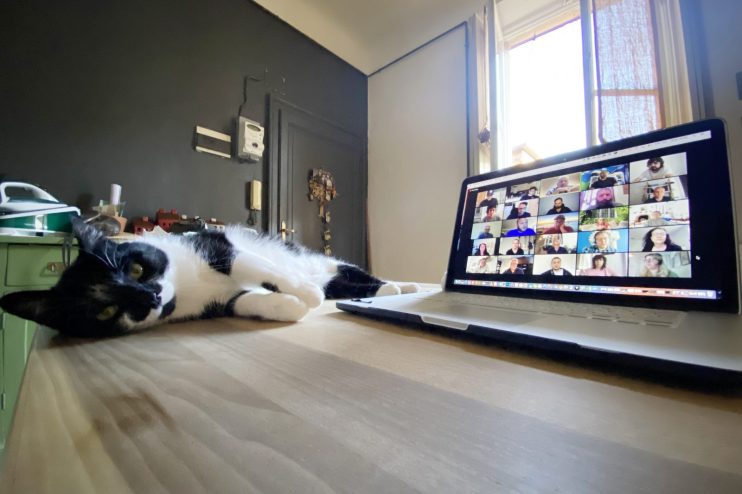DEBATE: Is there a case for a ‘working from home’ tax?

Is there a case for a "working from home" tax, as Deutsche Bank Research suggests?
Richard Tice, businessman and chairman of Reform UK, says YES
Nightmare: your business loses half its customers overnight. You must react: do you double your prices, adjust your cost base, or seek a bailout?
This is the dilemma facing public transport companies, as millions of customers suddenly choose to work from home. Double fares, halve service frequency, or beg for a handout from that nice person, the taxpayer?
The first two are clearly non runners. People still want three trains an hour from their leafy suburb, and penalising loyal commuters with higher fares is politically unfeasible. So someone has to pay.
Those working from home are doing very nicely. They are saving a fortune in fares, office clothes, dry-cleaning and sandwich bills, while those working in factories and supermarkets still pay the same. So the middle-class white-collar folk get richer, and the inequality gap grows.
As for claims that remote workers help the environment by staying home, these don’t really wash: trains and buses still have to run, they’re just running half-empty.
The fair-minded accept that a debate is needed if our working models are really going to change long-term. An “infrastructure contribution” (in other words, a tax on working from home) is a perfectly reasonable suggestion.
Why should others get poorer to suit your cosy working style?
Steven Quick, global chief executive at Unispace, says NO.
While the overall objective of a working from home tax might seem well intentioned, in practice, using this particular measure wholesale to generate more income isn’t only unfair, but is also targeted at the wrong audience.
One of the very limited positives to emerge from the various national lockdowns is the realisation that employees should be given the freedom at least to some degree to work how and where they want, in a way that works for them. Imposing this kind of a tax would pressure the workforce to go back to commuting regardless of whether it works for them, and reverse negative expectations of presenteeism that the recent workplace revolution has succeeded in eliminating.
The next evolution of work following the pandemic needs to be a hybrid model, combining the ease, tranquillity and familiarity of working from home with the collaborative and inspiring nature of the physical office, where colleagues can come together to discuss ideas and socialise.
This is what will create a balanced workplace experience for employees, not the introduction of draconian measures that would effectively see employees paying to work from their own properties.
Main image credit: Getty